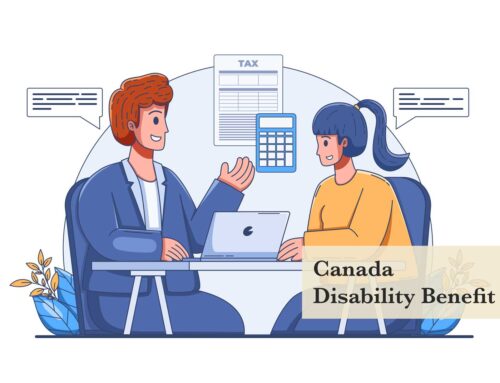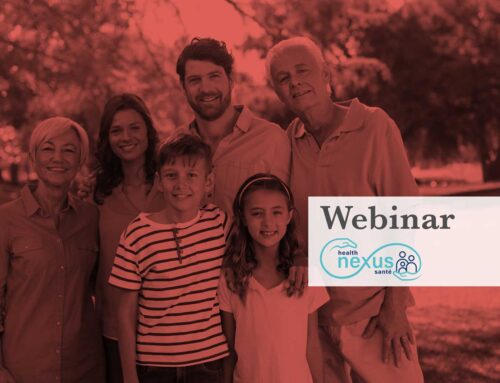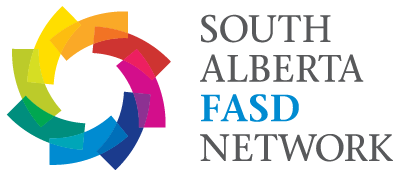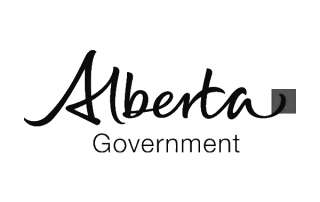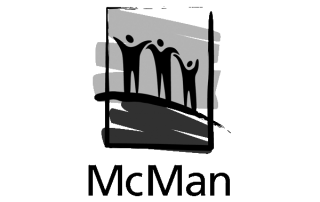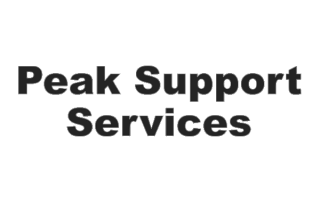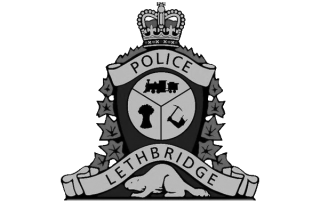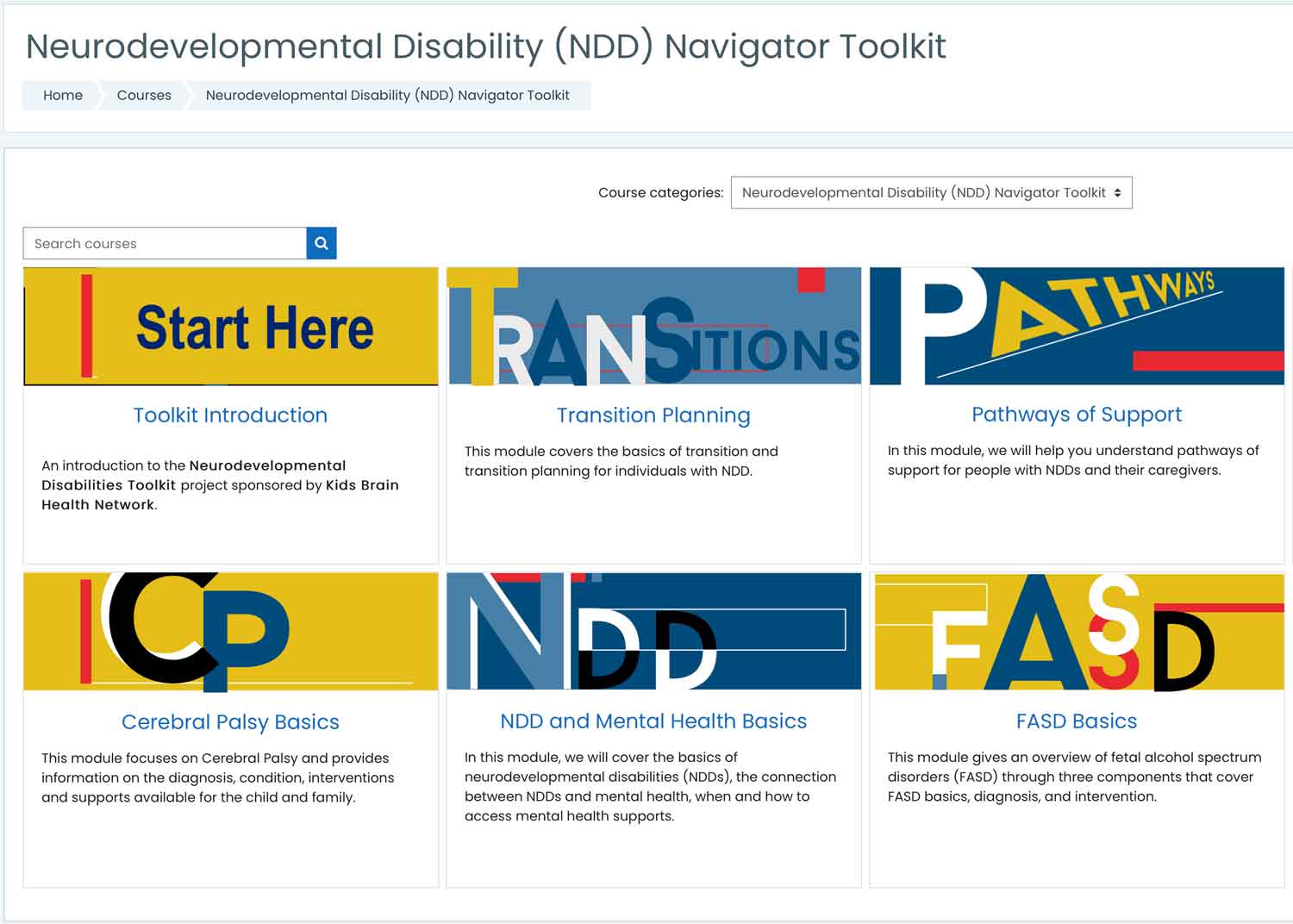
TOOLKIT AIMS TO HELP FAMILIES OF CHILDREN WITH NEURODEVELOPMENTAL DISABILITIES
By Karen Unland
Retrieved from https://edmonton.taproot.news/briefs/2022/12/14/toolkit-aims-to-help-families-of-children-with-neurodevelopmental-disabilities
Families of children with autism, cerebral palsy, and fetal alcohol spectrum disorder now have access to a free online resource called the Neurodevelopmental Disability Navigator Toolkit.
The toolkit is set up to help caregivers understand their children’s neurodevelopmental differences, as well as to explain the pathways to support and share the perspectives of other families in similar situations.
“Many of our families are seeking information and services outside of a clinic appointment with their healthcare provider,” Carol Wilson of the Learning and Development Centre at the Glenrose Rehabilitation Hospital said in an Alberta Health Services piece about the resource. “Having the ability to virtually access a credible online toolkit on their own time, as well as be able to share the resource, can greatly improve the experience for our families.”
It’s challenging enough to raise a child with neurodevelopmental delays without the frustration of trying to find trustworthy and applicable resources, parent Melissa Dobson said in the overview video in the toolkit’s introduction. “There are great models in our healthcare system of navigators walking people who have diseases through a journey,” she said, adding that people and caregivers outside the acute care system could also use that kind of help.
In addition to modules on autism spectrum disorder, FASD, and cerebral palsy, the toolkit includes information on transitioning to adulthood, pathways to support, and mental health challenges, with reference to services available in Alberta.
Dobson noted that the toolkit is also helpful for friends and family, teachers, and the public, creating an opportunity to make the world a more welcoming place for people like her son, who has FASD.
“Children and adults with NDDs aren’t going to change,” she told AHS. “We have to change the world we live in by doing a better job of embracing those who don’t fit the mold.”
The project was co-sponsored by the Kids Brain Health Network and the Azrieli Foundation with help from several community organizations and post-secondary institutions, including the Glenrose and its foundation, Autism Edmonton, the Edmonton and Area Fetal Alcohol Network, the Cerebral Palsy Alberta, CASA Child, Adolescent and Family Mental Health, NAIT, and the University of Alberta.

